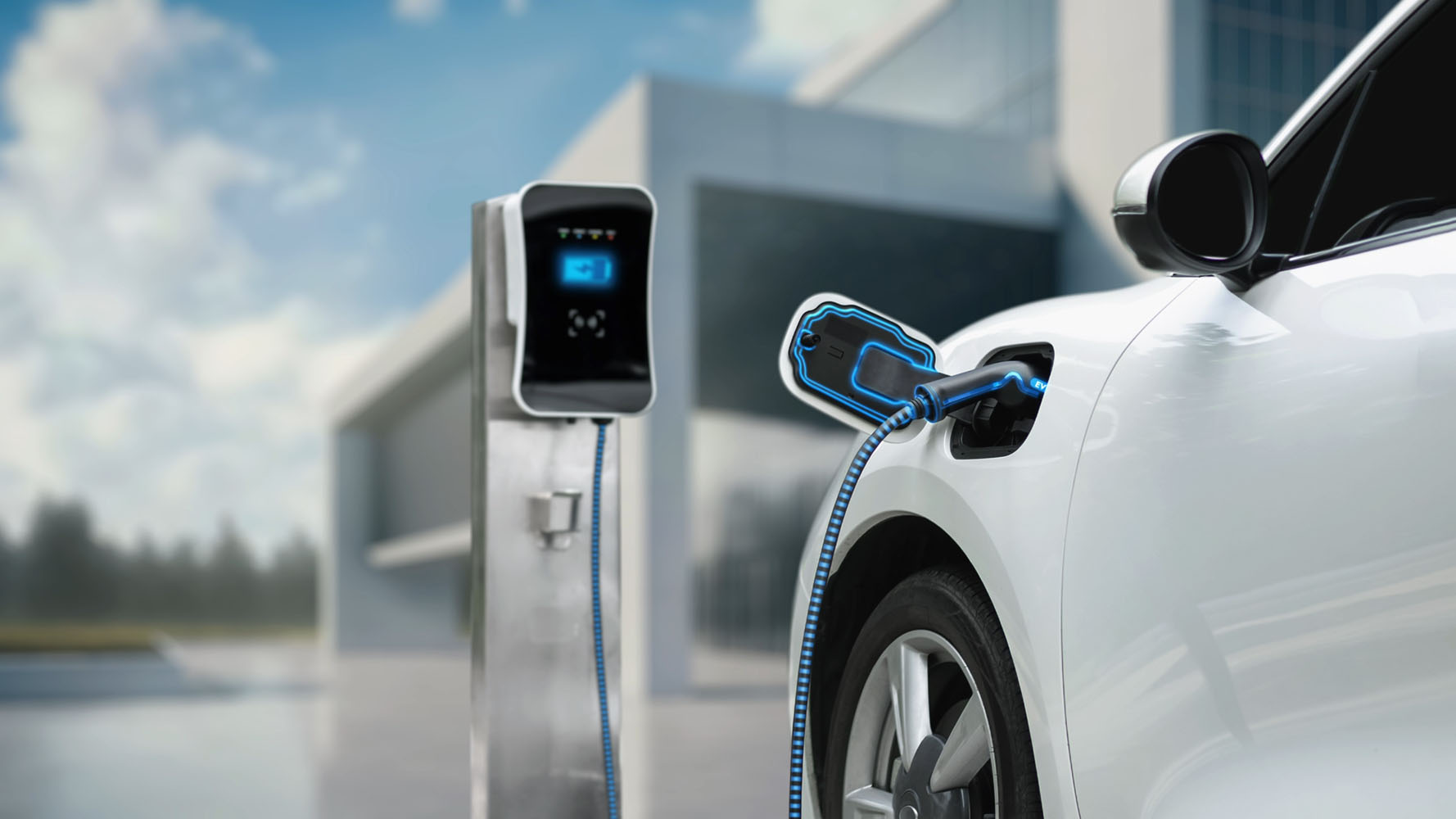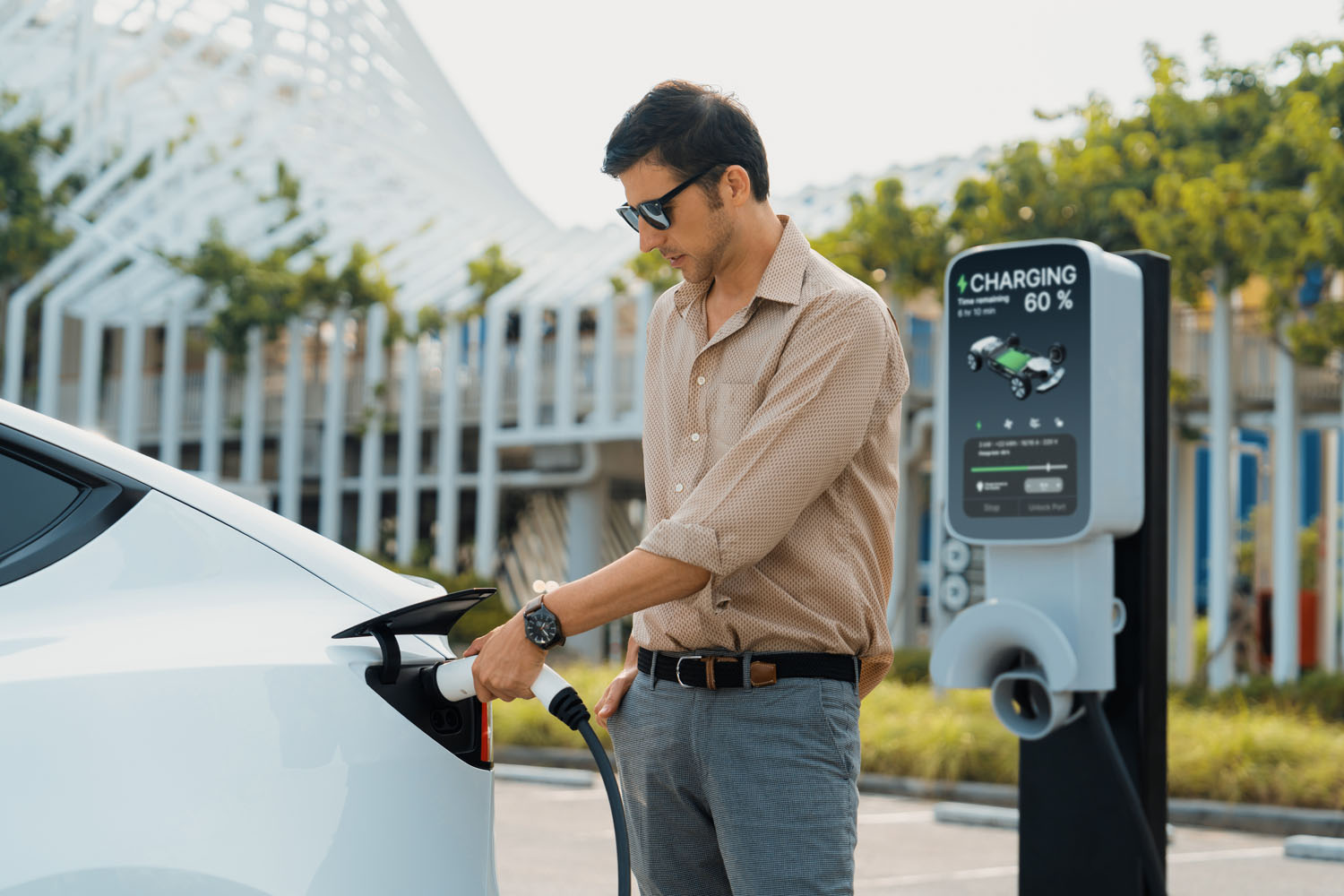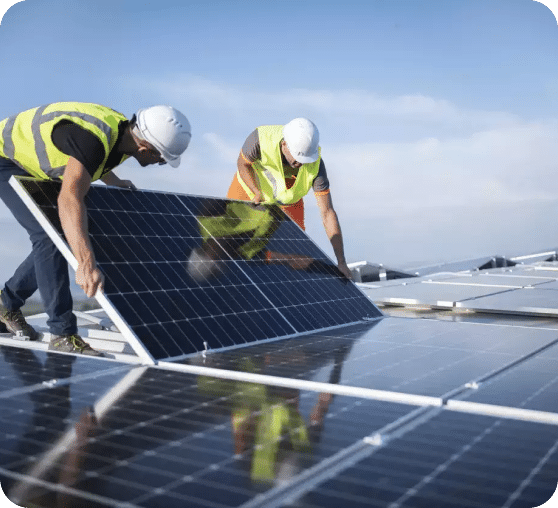As electric vehicles (EVs) become more popular, the demand for home EV chargers has skyrocketed. Choosing the right type of EV charger for your home is essential to ensuring efficient and convenient charging for your electric vehicle. In this article, we’ll explore the different types of EV chargers, their benefits, and how to select the best one for your needs.
1. Level 1 EV Chargers
Level 1 chargers are the most basic type of EV charger and come standard with most electric vehicles. They plug into a standard 240-volt wall outlet and are suitable for homes with moderate driving needs.
- Charging Speed: Level 1 chargers provide about 8-10 km of range per hour of charging. For someone who drives less than 40 km per day, this could be enough.
- Best For: Homeowners with lower daily mileage, those who don’t need fast charging, or anyone on a budget since Level 1 chargers don’t require any special installation.
2. Level 2 EV Chargers
Level 2 chargers are much faster and require a 240-volt outlet (similar to those used by clothes dryers) or hardwiring into your electrical system. Most homeowners opt for a Level 2 charger due to its increased efficiency.
- Charging Speed: Level 2 chargers provide 25-50 km of range per hour of charging, allowing a full charge for most EVs overnight.
- Best For: Homeowners who drive more than 40 km per day or those who want the convenience of faster charging. Level 2 chargers are ideal for people who need a full battery after short charging periods.
3. DC Fast Chargers
DC fast chargers are typically found in public charging stations, but some homeowners with high driving needs are considering installing them at home. These chargers use direct current (DC) rather than alternating current (AC) to charge an EV much faster.
- Charging Speed: DC fast chargers can provide up to 160-320 km of range per hour of charging, making them the fastest option available.
- Best For: Homeowners with long commutes or who frequently take road trips, but these chargers are expensive and may require significant electrical upgrades, making them less practical for most homes.
4. Smart EV Chargers
Smart EV chargers are advanced Level 2 chargers with additional features that allow you to monitor and control charging remotely via a smartphone app. These chargers can schedule charging during off-peak hours, track energy usage, and even integrate with solar panels for optimal efficiency.
- Charging Speed: Similar to Level 2 chargers, providing 25-50 km of range per hour of charging.
- Best For: Tech-savvy homeowners who want more control over their EV charging or those looking to maximize energy savings with off-peak charging.
5. Key Considerations for Choosing an EV Charger
When selecting an EV charger for your home, here are some important factors to consider:
- Driving Habits: How far do you drive each day? If you only drive short distances, a Level 1 charger may be sufficient, but for longer commutes, a Level 2 charger is likely more appropriate.
- Electrical Capacity: Your home’s electrical panel will need to support the increased load of a Level 2 or DC fast charger. You may need to upgrade your electrical system to accommodate these chargers.
- Budget: Level 1 chargers are typically free with your EV, while Level 2 chargers and installation can cost between $500 and $2,000. DC fast chargers are significantly more expensive, with installation potentially costing thousands of dollars.
- Solar Integration: If you have solar panels or plan to install them, a smart EV charger can help you maximize the benefits by charging your vehicle using solar energy during the day.
Conclusion: Choosing the right EV charger for your home depends on your driving habits, budget, and energy preferences. For most homeowners, a Level 2 charger provides the perfect balance between speed and cost, while smart chargers offer added convenience and energy savings. DC fast chargers may be ideal for those with higher driving demands but come with a larger price tag and installation requirements.







